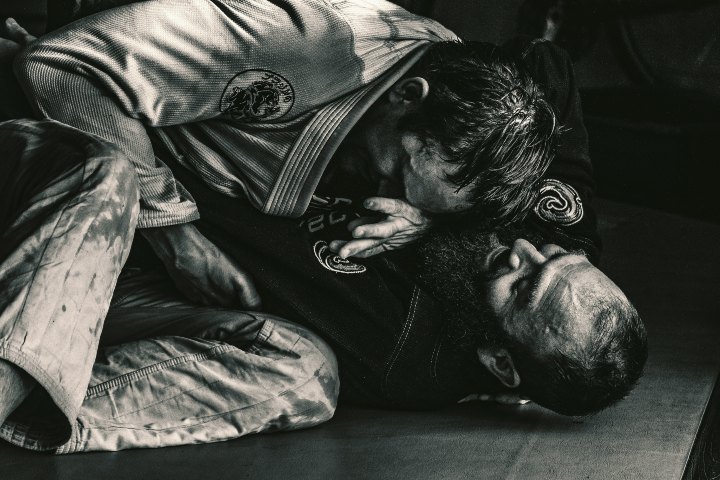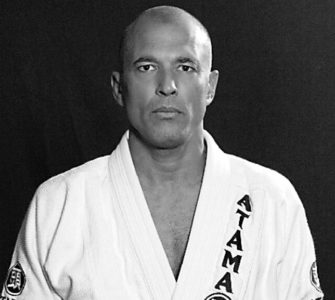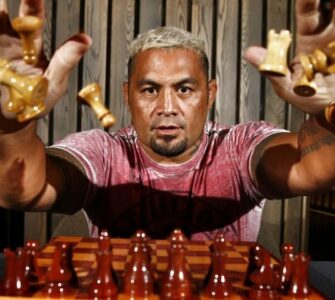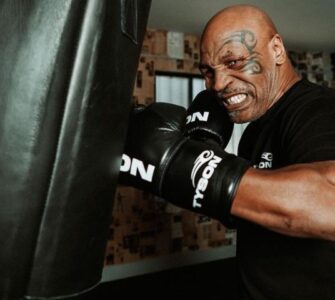At its core, the BJJ lifestyle is about more than just the hours spent drilling techniques and sparring on the mats. It’s a holistic approach to living that encompasses nutrition, physical fitness, mental resilience, and a continuous quest for self-improvement.
Students often find themselves drawn to its depth, discovering parallels between the challenges faced on the mats and those in their personal lives. Just as one might seek help to pay for essay to be written when academic pressures mount, BJJ practitioners learn to seek guidance and leverage their resources wisely to overcome obstacles on and off the mats.
For students in Eastern Europe, embracing the BJJ lifestyle means navigating a unique cultural landscape where traditional martial arts have long been revered. The transition to the nuanced and strategic world of Brazilian Jiu-Jitsu marks a significant shift, offering new opportunities for personal growth and community building. Amidst rigorous academic schedules, the discipline of BJJ provides a structured outlet for stress relief, physical conditioning, and the development of problem-solving skills, proving that the journey is as rewarding as any destination.
The Training Culture: A Melting Pot of Tradition and Innovation
In the heart of Eastern Europe, the training culture of BJJ is a testament to the region’s rich history of martial arts. Here, the reverence for traditional practices meets a thirst for innovation, creating a vibrant community that’s both respectful and forward-thinking. Gyms, or “dojos,” are not just spaces for physical training; they are hubs of knowledge exchange where techniques from around the world are dissected, adapted, and integrated into the local practice.
Adapting to Student Life: Balancing Academics and Training
For many students, integrating the demanding routines of BJJ with academic responsibilities is a formidable challenge. Yet, it’s this very challenge that fosters a strong sense of discipline and time management. The rigorous nature of BJJ training instills a level of focus and perseverance that translates seamlessly into academic success. Students learn to prioritize, set goals, and manage their energy efficiently, skills that are invaluable both on the mats and in the classroom.
Community and Support: The Bonds That Strengthen
Perhaps the most compelling aspect of the BJJ lifestyle is the sense of community it fosters. In Eastern Europe, where communal ties have always played a pivotal role in society, the bonds formed through shared struggles and triumphs on the mats add a rich layer to the student experience. This supportive network not only facilitates personal growth but also creates a safety net, ensuring that no one is left to face their battles alone.
Challenges and Opportunities: Navigating the Path Forward
As BJJ continues to gain popularity in Eastern Europe, students are presented with both challenges and opportunities. Access to high-quality training and competition can vary greatly, often depending on location and resources. However, the increasing visibility of the sport has led to more seminars, workshops, and tournaments, opening up new avenues for learning and growth.
Embracing Diversity: The International Influence on BJJ in Eastern Europe
The global nature of Brazilian Jiu-Jitsu has led to a fascinating blend of international influences in the Eastern European scene. Practitioners often share the mats with visiting athletes from Brazil, the United States, and beyond, bringing a diversity of techniques and perspectives. This cultural exchange enriches the training environment, offering students a broader understanding of BJJ’s global community.
Seminars led by world-renowned athletes are not uncommon, providing rare opportunities for direct learning from the sport’s pioneers. This melting pot of styles and philosophies contributes to a dynamic and evolving BJJ landscape in Eastern Europe, where innovation thrives alongside tradition.
The Role of Competitions in Shaping Athletes
Competitions play a crucial role in the BJJ lifestyle, offering students a platform to test their skills, resilience, and strategic thinking under pressure. In Eastern Europe, the competition scene has grown significantly, with tournaments becoming a regular fixture for students of all levels.
These events are not just about winning medals; they are pivotal in fostering a competitive spirit, camaraderie, and a deeper appreciation for the art. Through competitions, students learn to deal with victory and defeat, feedback that is invaluable in their personal and martial arts growth. The experience gained on the competitive circuit is often a catalyst for improvement, pushing practitioners to refine their techniques and strategies.
Nutrition and Physical Well-Being: The Unsung Heroes of BJJ
A key component of the BJJ lifestyle that often goes unnoticed is the emphasis on nutrition and physical well-being. For students, managing academic responsibilities alongside intense training sessions demands a well-balanced approach to health. Nutrition plays a vital role in recovery, performance, and overall well-being.
In Eastern Europe, the BJJ community is increasingly advocating for healthy eating habits, emphasizing the importance of a balanced diet that supports the rigorous demands of training. Additionally, strength and conditioning programs are integral to preventing injuries and improving performance on the mats. This holistic approach to health ensures that students can sustain their training intensity while managing academic pressures.
The Psychological Benefits: Building Mental Fortitude Through BJJ
Brazilian Jiu-Jitsu is as much a mental game as it is physical, offering profound psychological benefits for students. The challenges faced during training and competition serve as a forge for mental health, resilience, and confidence. In the high-pressure environment of academia, these qualities are invaluable.
BJJ teaches practitioners to remain calm under pressure, think strategically, and maintain a growth mindset—attributes that are directly transferable to academic pursuits and daily life. The sport provides a unique avenue for stress relief, allowing students to disconnect from academic pressures and recharge mentally. This mental resilience is a cornerstone of the BJJ lifestyle, enabling students to navigate the complexities of life with a grounded and focused approach.
Final Thoughts
The BJJ lifestyle in Eastern Europe is more than just a trend; it’s a transformative journey that shapes the bodies and minds of students.
It offers a unique blend of physical challenge, mental discipline, and community support that enriches the student experience. As this martial art continues to flourish, it promises to inspire a new generation of practitioners who are not only skilled on the mats but also equipped with the resilience and discipline to succeed in all areas of life.



















